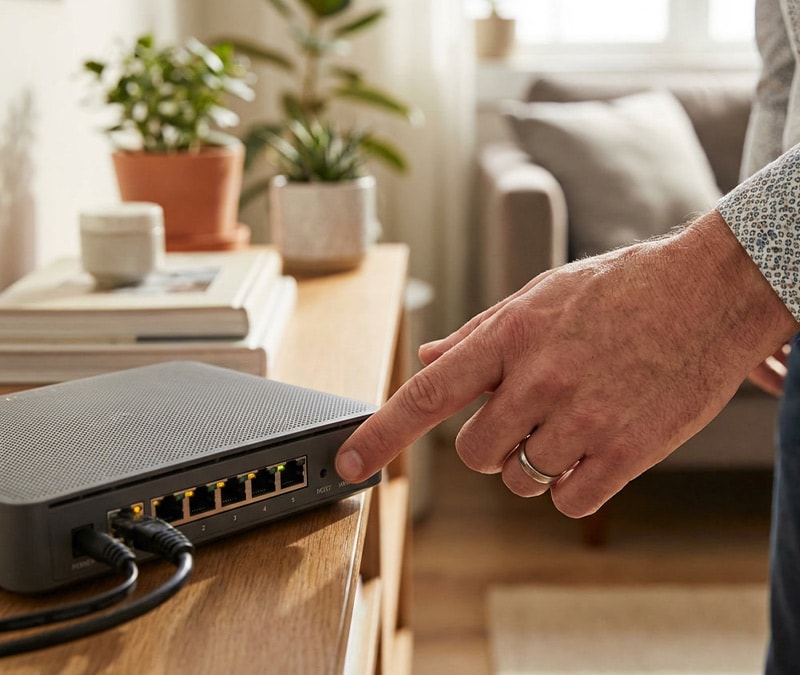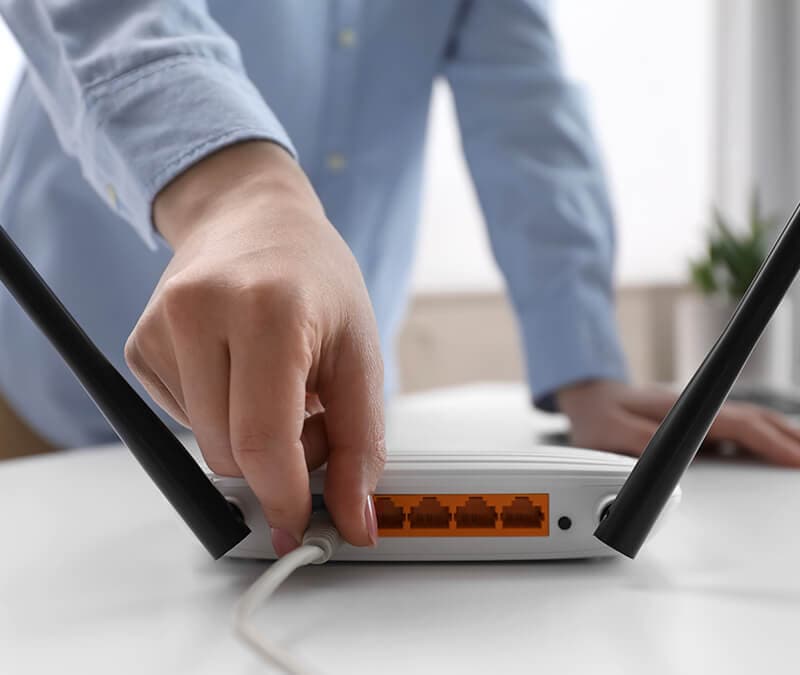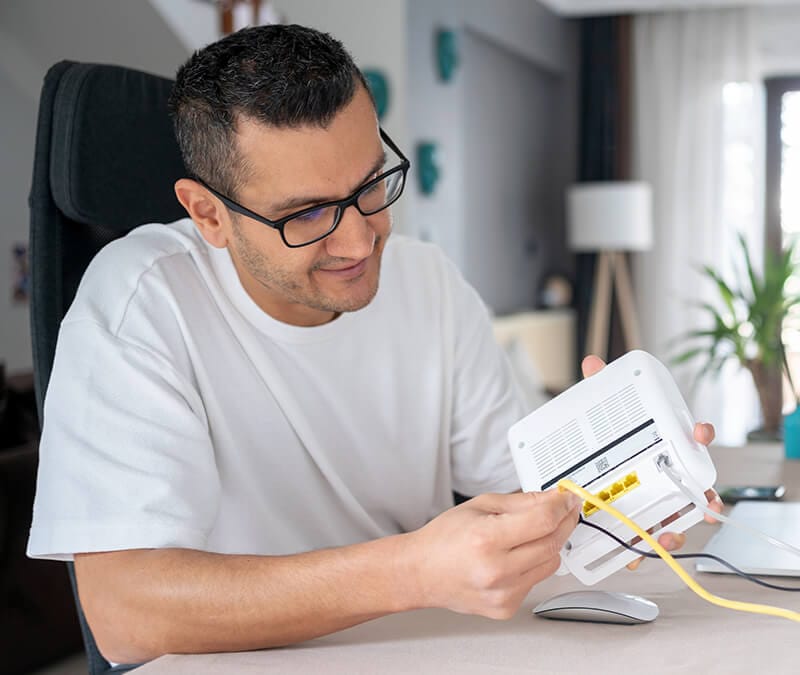How safe is surfing on 4G vs. WiFi?
Youre probably familiar with 3G, 4G, and Wi-Fi hotspots. In todays increasingly connected mobile world, there are a variety of ways to get and stay connected to the Internet, but whats really the...


Try Norton 360 FREE 7-Day Trial* - Includes Norton VPN
7 days of FREE* comprehensive antivirus, device security and online privacy with Norton VPN.
Join today. Cancel anytime.
*Terms Apply
You’re probably familiar with 3G, 4G, and Wi-Fi hotspots. In today’s increasingly connectedmobile world, there are a variety of ways to get and stay connected to theInternet, but what’s really the safest way?
Truth be told, nothing is 100% safe. However, there are ways that you can beefup your own security to get as close to that 100% as possible. It begins with understanding what these technologies are, and the risks that come along with them.
How Do Mobile Devices Connect to the Internet?
Let’s break down the three different ways your mobile device can connect tothe Internet, and how these connections work:
4G Connections
4G-enabled devices connect to the Internet though their provider’s cellularconnection. Instead of receiving a signal from an Internet Service Provider asthe device would at home or work, it receives data from the cellular company in the same way it receives a mobile phone connection. 4G allows users to access the Internet anywhere they receive signal. Fortunately, data being sent via 4G is encrypted, making 4G safer than public Wi-Fi.
Private Wi-Fi Connections
These are the types of networks you would find in your office or at home. Private Wi-Fi connections, when properly set up, allow password-protected access and encryption to the data that is being sent and received.
Public Wi-Fi Hotspots
Public Wi-Fi hotspots are found in public places such as airports, coffee shops, malls, restaurants, and hotels — virtually anywhere, really. Public Wi-Fi is the least safe way to connect to the Internet, and it’s really a wildcard. There are so many unknown variables, but the main problem with using a public network is being unable to determine if it is 100% safe. You really can’t know if it’s safe or not unless you have a way to secure your connection, such as with a virtual private network, or VPN.
Can 4G Be Hacked?
At the risk of sounding like a broken record, nothing connected to the Internet is 100% invincible to cybercriminals all the time. However, when it comes to 4G, hacking seems to still be in the proof-of-concept stage. Proof-of-concepts happen when white hat hackers (the good guys, who are usually researchers) look for ways they can compromise a system. There have been a few successful cases of people hacking into 4G via man-in-the-middle attacks (MITM).
A MITM attack is like eavesdropping. Attackers can place themselves either between two unsuspecting victims, or between the user and the app, or even between two machines, and “listen in” on the transmissions being sent back and forth.
So, for now, the short answer is yes, 4G can be compromised. However, it is much more difficult to hack than public Wi-Fi, which attackers mainly have their sights set on.
What’s the Safest Solution?
Since there are a few options in the ways you connect to the Internet via your mobile device, there is hope. When it comes to public Wi-Fi, there are more opportunities for attackers to exploit vulnerabilities via your connection over Wi-Fi than over 4G. As far as the security of these connections, here’s how they rank from most secure to least secure:
- Using a VPN over a cellular network or using a VPN over Wi-Fi
- Cellular only
- Wi-Fi only
So, really, the safest way to ensure your security while on the go is to use a multi-layered approach. The use of anti-malware protection, smart firewalls, VPNs, and online common sense are also vital.
Norton VPN is a VPN that encrypts all the information sent and received by your mobile device while you’re on public Wi-Fi, making your public connection private.

Try Norton 360 FREE 7-Day Trial* - Includes Norton VPN
7 days of FREE* comprehensive antivirus, device security and online privacy with Norton VPN.
Join today. Cancel anytime.
*Terms Apply
Editorial note: Our articles provide educational information for you. Our offerings may not cover or protect against every type of crime, fraud, or threat we write about. Our goal is to increase awareness about Cyber Safety. Please review complete Terms during enrollment or setup. Remember that no one can prevent all identity theft or cybercrime, and that LifeLock does not monitor all transactions at all businesses. The Norton and LifeLock brands are part of Gen Digital Inc.





Want more?
Follow us for all the latest news, tips, and updates.